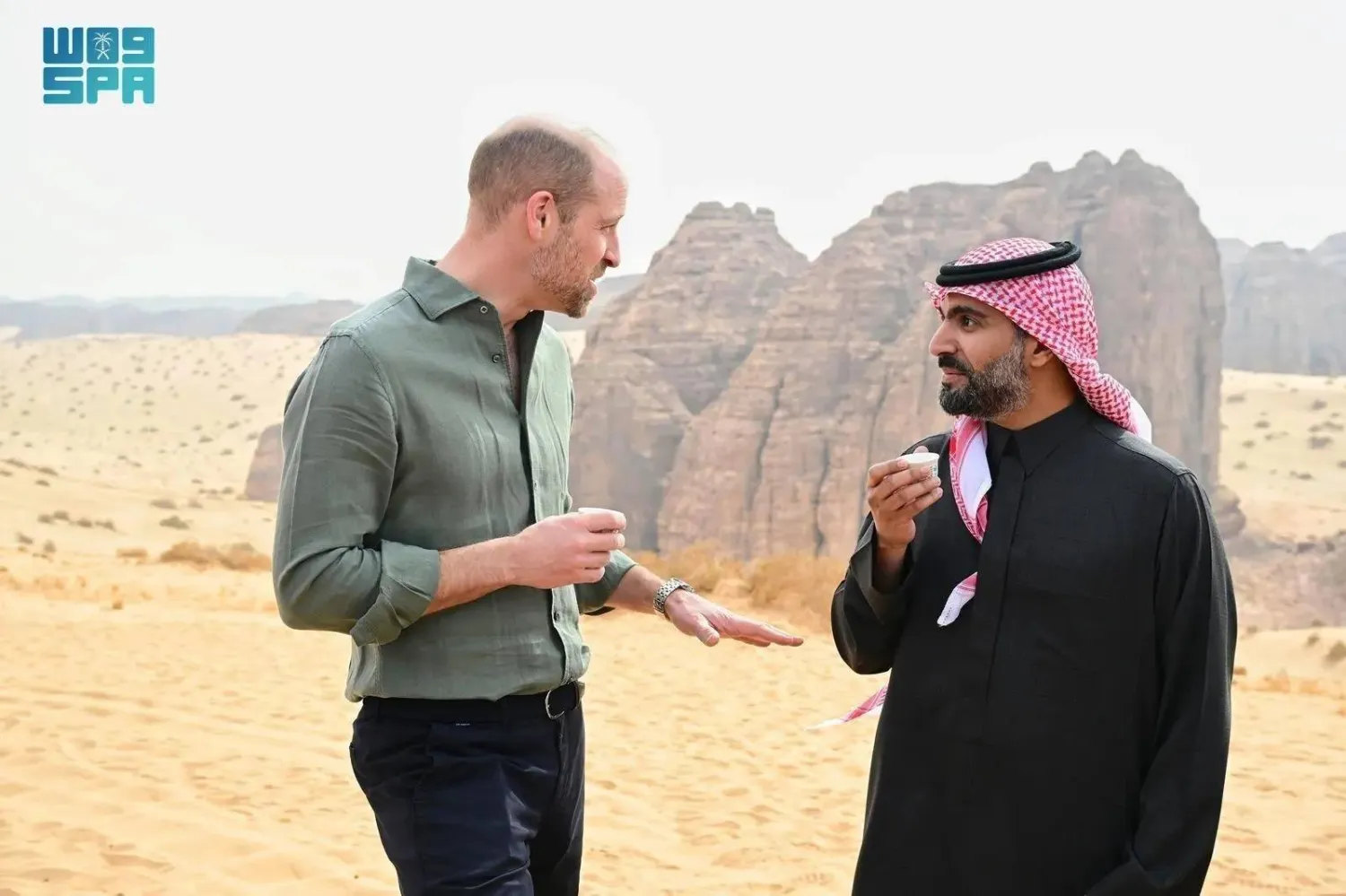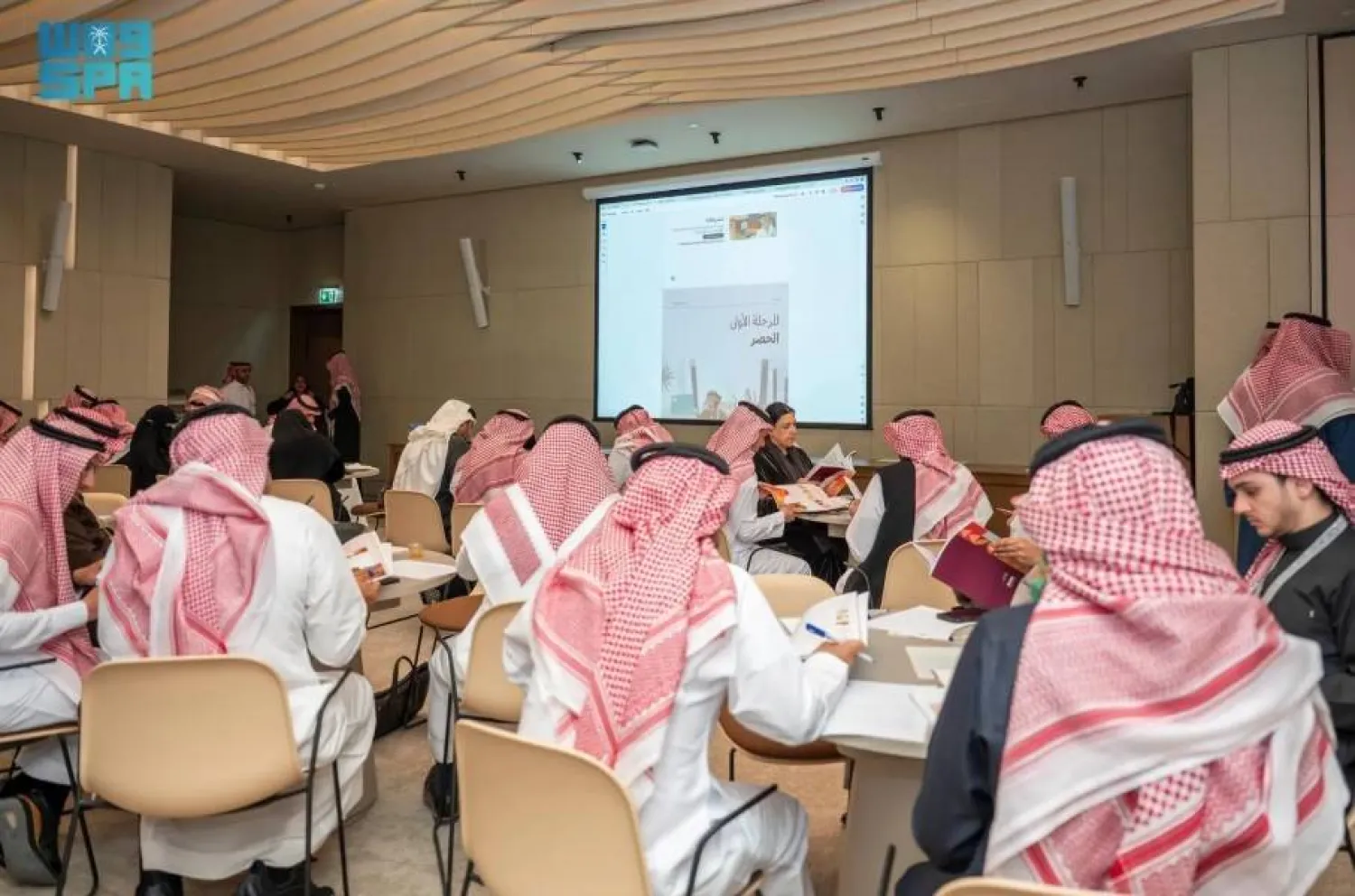Two writers from Jordan and Iran have won the "Yousef Bakkar Award for Oriental Studies," which is organized by the Jordanian Writers Association, with the support of Dr. Youssef Bakkar, Petra News Agency reported.
The $3,000 award was announced Saturday by the General Secretariat of the "Yousef Bakkar Prize for Oriental Studies.”
According to an Association statement, the award was jointly won by: Dr. Abbas Abdel Halim Abbas, from Jordan, for his book "Abdul Wahhab Azzam, A Civilizational Project, a Study of His Literary Efforts and Comparative Eastern Cultures", and Dr. Yadallah Malayri, from Iran, for his book "The Neighbors in the Eastern Mediterranean, the political novel between Persian and Arabic, Ahmed Mahmoud and Abd al-Rahman Munif as a model.”
The "Yousef Bakkar Award for Oriental Studies,” the first of its kind on the Arab and Islamic levels, constitutes a quantum leap in supporting and encouraging specialists in oriental studies, and aims to contribute positively in serving Islamic civilization by reviving literary and cultural relations between oriental languages, especially Arabic, Persian and Turkish, Petra said.
The President of the Jordanian Writers Association, Chairman of the Board of Trustees of the Award and its Secretary General, lawyer and poet Akram Al-Zoubi, said that the association will soon hold a special ceremony to honor the award winners, expressing appreciation for the support of the Award’s Board of Trustees and its arbitrators.









